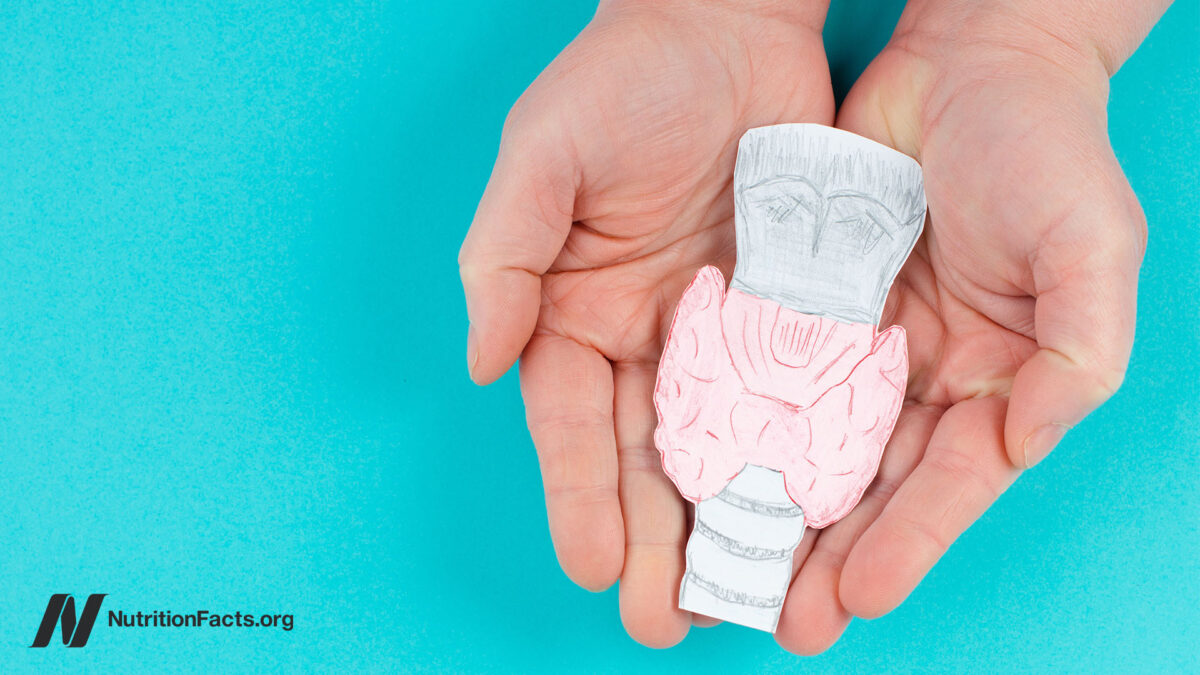Balanced Meal Planning for Optimal Metabolic Function
We are what we eat. This simple sentence boils down to the whole relationship between nutrition and health. Regardless of gender, age, or occupation, you must understand your nutritional needs and optimize your meals accordingly. With this in mind,...

We are what we eat. This simple sentence boils down to the whole relationship between nutrition and health. Regardless of gender, age, or occupation, you must understand your nutritional needs and optimize your meals accordingly. With this in mind, we will give you a relatively quick guide on balanced meal planning for optimal metabolic function.

Our guide for balanced meal planning for optimal metabolic function
The guide we will outline consists of two parts. First, we will summarize the key nutritional points you should remember. And we will provide examples of what your meals should be like. Once you have a basic understanding of the critical points, you can look to change your meals until you find a diet that suits you.
Key points to keep in mind
Our key points suit healthy individuals who lead a reasonably standard lifestyle. If you have specific allergies, dietary restrictions, or health issues, you should prioritize them. But, the more you research nutrition, the more you learn how to work around your limitations and achieve optimal metabolic function.
Whole foods
The first nutritional tip we have for you is to avoid processed and packaged foods. These are often high in added sugars, unhealthy fats, and preservatives, which can ruin your metabolism. Instead, opt for whole foods like fruits, vegetables, whole grains, lean proteins, and healthy fats. These natural ingredients provide a wide range of nutrients essential for optimal metabolic function.
Macronutrients
The second point is to base your diet on macronutrients. Macronutrients are the nutrients that the body needs in larger quantities, including carbohydrates, proteins, and fats. Aim to include all three macronutrients in each meal to support balanced metabolic function.
Complex carbohydrates
For proper metabolic function, you also need to include complex carbohydrates. Whole grains, legumes, and vegetables are rich in fiber and other essential nutrients. They provide sustained energy and help regulate blood sugar levels for optimal metabolic function. Complex carbohydrates are crucial to insulin resistance as they can help manage your blood sugar levels. So, if you already have problems with blood sugar, learn as much as you can about them.
Healthy fats
It is a common misconception that fats are bad for you. While saturated and trans fats are quite unhealthy, some are necessary for proper body function. Healthy fats, such as those found in nuts, seeds, avocados, and fatty fish, support metabolic function, promote satiety, and provide energy.
Lean protein
An essential part of having an optimal metabolism is to work out regularly. And the best way to help our muscles grow from those workouts is by eating lean protein. Protein sources, such as chicken, fish, tofu, and legumes, are essential for building and repairing tissues, supporting the immune system, and maintaining healthy metabolic function. This is why DubaiPT experts in training always point out that exercise and meal planning are equally important for keeping our bodies in shape.
Portion sizes
Another factor to keep in mind is portion sizes. Namely, even if you choose the right ingredients, they won’t do much good if you overeat. Overeating can lead to weight gain, insulin resistance, and other metabolic issues. This is why it is paramount that you limit your portions and not overindulge in food.
Hydration
The final important factor for proper metabolic function is hydration. No food, no matter how healthy it is, can substitute the good old water. So, it is paramount that you hydrate yourself properly. Aim to drink at least 8-10 glasses of water daily and limit your consumption of sugary and caffeinated beverages.
Meal examples
So far, we’ve given you seven essential factors for balanced meal planning for optimal metabolic function—whole foods, macronutrients, complex carbohydrates, lean protein, healthy fats, portions, and hydration. Now, let’s use these factors to outline what a healthy daily menu should look like.
Breakfast
One of the most common ways in which people ruing their metabolism is to skip breakfast. Breakfast should be light but also nutritious. It needs to support your energy during the day while not overloading your metabolism in the early hours. So, here is what a breakfast should look like:
1/2 cup (40g) of rolled oats made with 1 cup (240ml) of almond milk 1 small banana (100g) 1/4 cup (30g) of blueberries 1/2 tablespoon (5g) of chia seeds Three egg whites (92g) scrambled with 1/4 cup (37g) of diced tomato and 1 cup (30g) of spinach 1 cup (240ml) of green tea or black coffeeLunch
Let’s now assume that a couple of hours have passed and that it came time for lunch. Again, you want to add a bit of energy (complex carbohydrates) but up your lean protein. So, an example of a balanced lunch looks like this:
4 oz (113g) of grilled chicken breast 2 cups (60g) of mixed greens (lettuce, cucumber, bell peppers, and tomato) Two tablespoons (30ml) of balsamic vinaigrette 1/2 cup (82g) of brown rice or quinoa One medium-sized fruit (apple, orange, or pear)Dinner
Lastly, dinner is when your body should relax from work and training. The protein you ate for breakfast and lunch is being digested, so it will help your muscles recover. And the carbohydrates have done their job is providing you with energy. Now, to finish the day, you can eat something like:
4 oz (113g) of baked salmon 1 cup (85g) of roasted asparagus One medium-sized sweet potato (130g) cut into wedges 2 cups (60g) of mixed greens, cucumber, and cherry tomatoes 1 cup (91g) of steamed broccoli or green beans 1 cup (240ml) of sparkling water or herbal teaFinal thoughts
Following balanced meal planning for optimal metabolic function is not easy. Few of us can eat what we want when we want. So, you must look into the nutritional values of your available foods. With some research, you can learn how to adapt your diet to your life or even make the necessary changes to lose weight and improve your health. Lastly, we advise you to eat your meals on a set schedule. Our metabolism likes nothing more than routine, both for sleeping and eating. So, make a diet plan of what and when you eat that suits your lifestyle, and try to stick to it as much as possible.

 Lynk
Lynk 
































